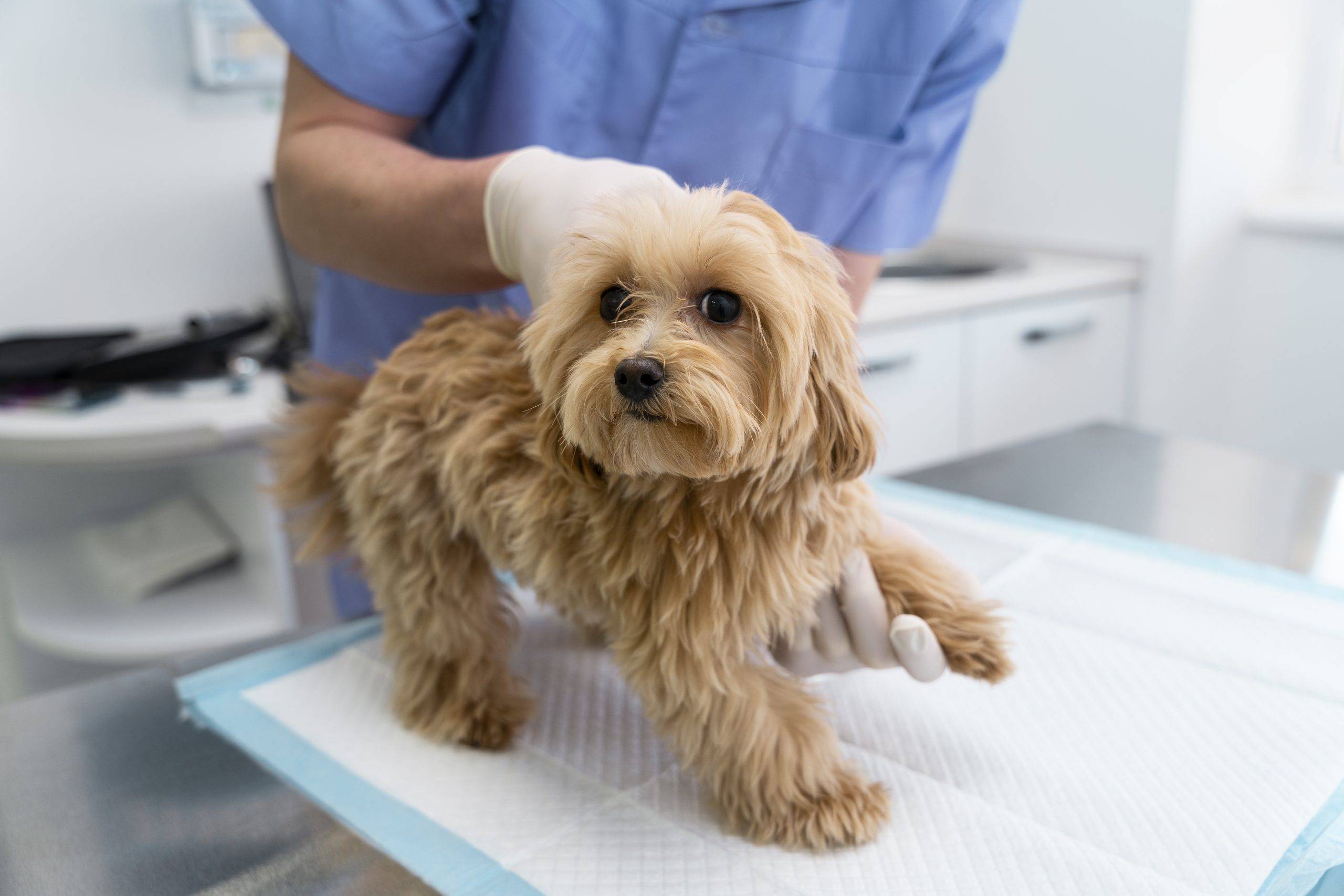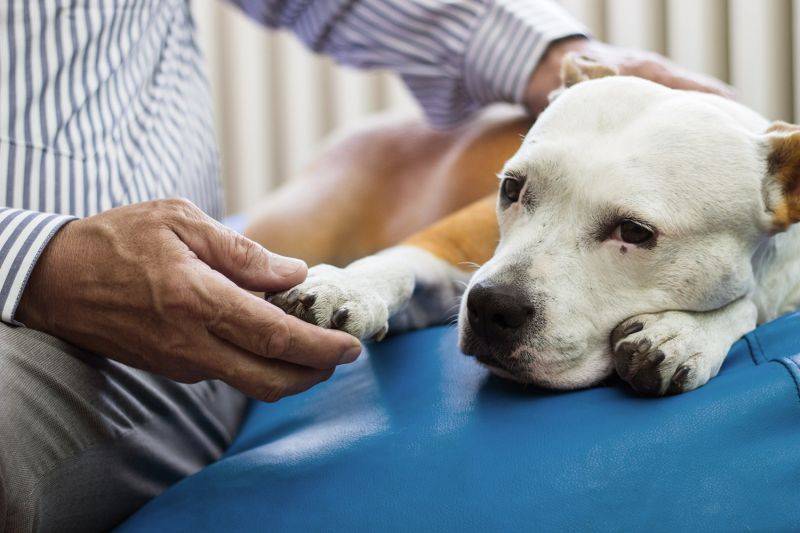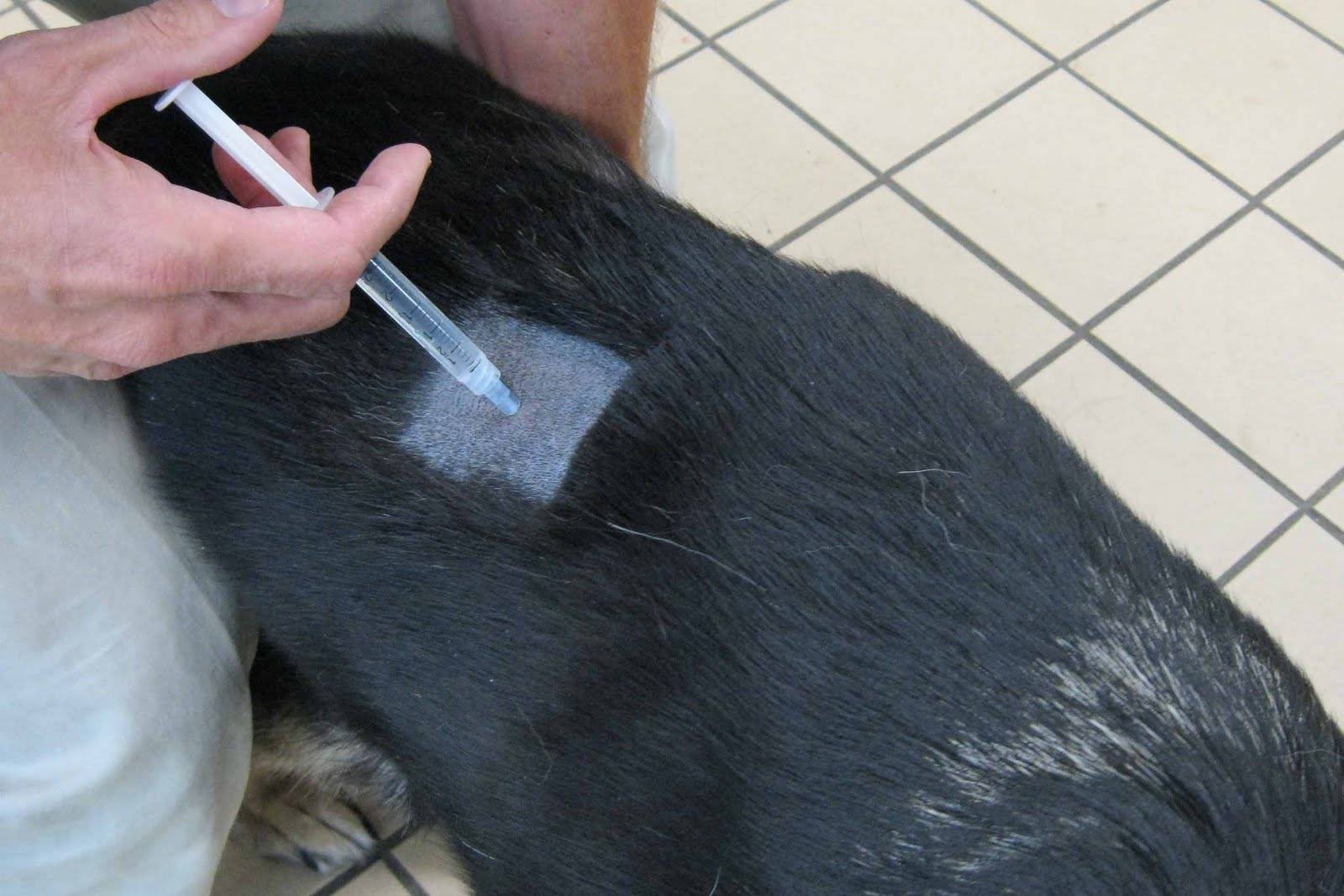Your pets are your cherished companions, and providing exceptional care to your canine friends is your fulfilling responsibility, which includes understanding their unique needs and pampering them with affection, love, and care. It is imperative for pet owners to establish a nurturing environment that prioritizes the health and comfort of their pets.
Understanding Your Dog’s Health
A healthy dog is simply an active dog. It is good if your dog has bright, shiny eyes and coat, good oral health, and good food habits. But you need to regularly monitor your dog and pay prompt attention to any changes to ensure your furry friend is thriving. Regular observation with a balanced diet, proper exercise, and veterinary care are key components in ensuring your dog’s well-being.
If you notice any of the following concerning changes in your dog, consult with your veterinarian for professional advice.
- Low energy level
- Not having their food/water properly
- Irregular bowel movements
- Discharge or redness in eyes
- Other behavioral, appearance, or health changes
Section 1: Understanding Your Dog’s Basic Needs
1. Nutrition
Your dog needs a certain amount of energy daily to perform their activities. Good nutrition is important for your pet, as it not only maintains their energy levels but also provides vital nutrients necessary for a good quality of life. This helps your pet stay healthy, happy, and active for a longer period.
High-quality foods make their immune system stronger, keep their skin and coat healthier, and help improve their whole body health. Whether you are picking grain-free food or a raw/cooked diet for your pet, it is recommended to choose an AAFCO (Association of American Feed Control Officials) approved regime.
How much to feed your pet depends on their age. Puppies under 3 months of age should be fed four times a day. Between 3 and 5 months of age, they should be fed 3 times a day. Adult dogs should be fed twice daily. If your pet has a specific medical condition, you must coordinate with their vet for a prescription diet to fulfill your pet’s dietary needs.
2. Hydration
While a balanced diet is important to sustain a healthy pet life, proper water intake is also a life savior for your pets. Proper hydration is crucial to moisturize the air in their lungs, regulate body temperature, support cognitive growth and the nervous system, and transport nutrients and oxygen in the bloodstream.
It is important to watch for your pet’s water intake, especially during hot summer days. Provide fresh, clean, and clear drinking water each and every day. There are several factors that determine the water intake of your dog, but in general, dogs should drink approximately 1 ounce of water (1/8 of a cup) per pound of body weight each day.
3. Exercise
Your dog needs to exercise daily. Multiple studies have shown that dogs with regular exercising routines, have improved bone health and have improved organ and lung function. It makes them look better feel better, and they are less nervous when left alone. Exercise also provides dogs with mental stimulation and keeps them active, which can help prolong their lives and reduce the risk of obesity. Different breeds have varied exercise needs.
While high-energy breeds may thrive on vigorous activities like running or agility training, smaller breeds may enjoy gentler exercises like walks or indoor play. Running, hiking, swimming, and playing fetch are some of the best dog exercises that help to keep your pet in the pink of health.
Section 2: Preventive Care
1. Regular Veterinary Check-ups
Your pets are master at hiding their health-related problems. They only exhibit illness when it gets worse. In contrast, vets are professional experts trained to uncover and cure diseases.
Regular veterinarian visits can help prevent prevailing health problems before they start. Early detection and intervention allow your veterinary team to treat a disease in the beginning stages and then manage the condition with medication or simple lifestyle changes. Regular wellness checkups allow your veterinarian the opportunity to assess your pet’s general health and test for diseases, illnesses, and conditions that can be hard to spot early on (including cancers and parasites).
Usually, an adult dog or cat with no history of illness should be taken to a vet checkup every year. For pets with additional health issues, like senior dogs and giant breed dogs, it’s a good idea to visit your vet twice a year.
2. Parasite Control
Despite the widespread availability of safe and effective treatments, internal and external parasites remain common in dogs, particularly in those who do not receive routine veterinary care. Parasites, such as fleas, ticks, and intestinal worms, can cause a range of health problems, from skin irritations to more severe illnesses.
3. Dental Care
Dogs are more likely to have teeth problems. Regular checkups help vets to maintain your pet’s good oral health. Despite regular brushing, plaque and tartar buildup can lead to a number of nasty health problems for your dog. Discuss with your vet whether your dog should come into the office for a thorough cleaning.
Some Common Dog Ailments
We can roughly categorize dog illnesses into two major categories.
1. Minor Dog Illness
Minor illnesses are most prevalent among dogs. These may include
- Ear infections
- Skin allergies
- Bladder infections
- Fleas and ticks
- Diarrhea
Minor illnesses are not life-threatening. Their treatment will depend on the cause but may include home care, medication, or veterinary care.
2. Chronic Dog Illness
Your dog may suffer from chronic disease like arthritis or diabetes. Not all chronic diseases are life-threatening, but they can persist over an extended period. These conditions may require certain ongoing management, treatment, and monitoring. Left untreated, these diseases will affect the quality of your pet’s life. Chronic illness includes:
- Hypothyroidism
- Cushings
- Diabetes
- Arthritis
- Inflammatory Bowel Disease
- Allergies
It’s important to note that early detection and proactive management can be helpful in managing the quality of your pet’s life. Regular veterinary check-ups, appropriate treatment plans, and lifestyle modifications can help improve the quality of life for pets with minor or chronic health conditions. Always consult with a veterinarian for accurate diagnosis, treatment options, and guidance on managing good health in pets.
Conclusion
In conclusion, ensuring the health and happiness of your canine companion is a journey filled with love, responsibility, and continuous learning. You can provide a healthy, prolonged life by observing their behavior, providing a balanced diet, maintaining proper hydration, and engaging in regular exercise.
Remember, a healthy dog is an active dog, and your commitment to their well-being echoes in every wag of their tail.












